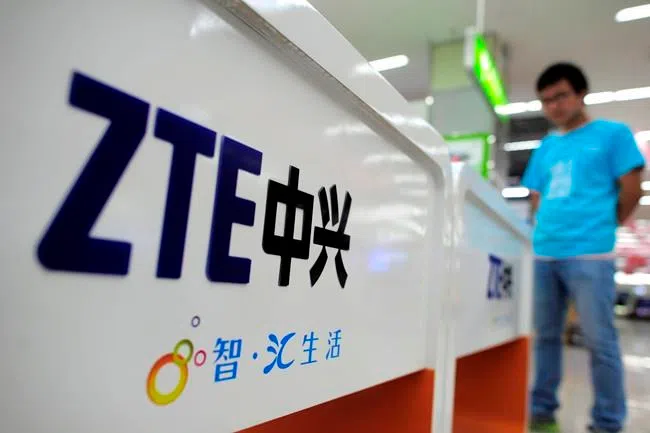
China tech giant sidelined, US imports held amid trade spat
HONG KONG — A Chinese tech giant has been brought to its knees. Tougher inspections at Chinese ports are holding up cars, apples and lumber imported from the U.S. These are among the early signs that the widening trade dispute between China and the U.S. is exacting a toll on both sides.
More talks aimed at resolving the conflict are planned for next week in Washington, while both sides dig in for a fight over their trade imbalance.
The tech giant, telecommunications equipment and smartphone maker ZTE, said Wednesday that it’s ceasing “major operations” after the U.S. last month banned it from doing business with American suppliers for seven years as a punishment for illegal exports.
Also this week, businesses and officials reported that American products are running into delays in customs clearance because of stepped-up inspections at Chinese ports, suggesting Beijing may be making life tougher for U.S. companies as the dispute drags on.
